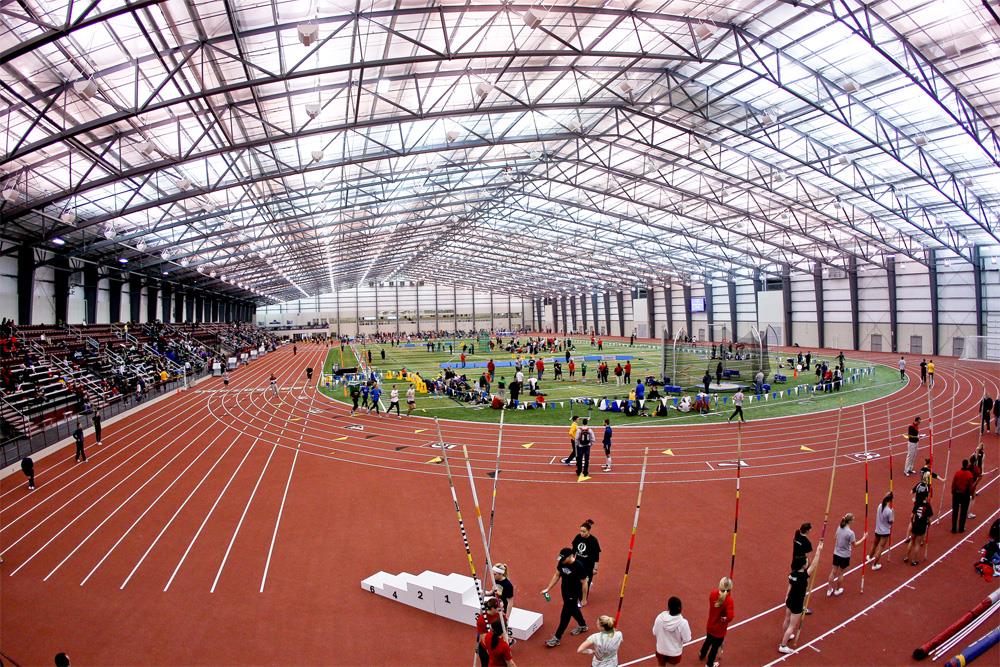Managing a major sports facility is more than just overseeing games and ensuring the maintenance of grounds. It requires an in-depth understanding of sports administration, business acumen, strategic management, and a passion for sports. Individuals running sports facilities play a crucial role in the development and growth of sports in any country and influence the way the sport is perceived and experienced by millions of sports enthusiasts. This article discusses the important principles, skills, and abilities needed to run a big sporting facility effectively.
The Importance of Education and Training in Sports Management
When it comes to running a major sports facility, having a solid educational background in sports management is key. Such education prepares individuals to deal with the complex tasks of managing sports facilities. This includes strategic planning, financial management, event coordination, marketing, and public relations. It also includes knowledge on how to arrange facilities for different sports events, understand the technical requirements of various sports, manage staff, and ensure the safety and comfort of players and audience.
Programs such as the MBA in sport management, offer comprehensive training in the basics of business, leadership, and sports management. This equips students with the necessary tools to handle the various challenges presented when running a sports facility. This includes negotiation skills, decision-making, critical thinking, and problem-solving skills – all of which are vital in the world of sports administration. You could even opt for an online degree program, which will enable you to continue your education without neglecting your other responsibilities.
Complement your educational background with hands-on training. Interning at a sports facility, shadowing a seasoned sports manager, or even volunteering at local sports events can provide invaluable practical experience. They offer insights into the nitty-gritty aspects of sports management that can’t be learned in a classroom.
Marketing and Advertising in the Sports Industry
Marketing and advertising play a pivotal role in the sports industry. A competent sports facility manager understands that in order to thrive, they need to go beyond just hosting sports events. They need to make their facility a widely recognized brand, attract potential investors, sponsors, and ensure a high turnout of fans. This requires innovative marketing and advertising strategies.
Today, digital marketing has become an integral part of any business’s success, and the sports industry is no different. It requires deploying full service SEO, social media advertising, online branding strategies, and many more. These strategies target different segments of the audience and ensure maximum visibility and reach. In today’s digital age, consumers heavily rely on search engines to find information and make decisions about their choices. By utilizing SEO strategies, you can improve your facility’s online visibility, attract more potential customers, and ultimately drive more traffic to your website.
The primary goal of marketing and advertising is to communicate with the targeted audience. It involves creating a unique and appealing brand image, conveying the right messages and constantly engaging with fans and other stakeholders. Ultimately, successful marketing and advertising can significantly boost ticket sales, attract lucrative sponsorship contracts, and elevate the facility’s profile.
Understanding the Business Aspects of Sports Management
Running a sports facility also requires an understanding of the financial aspects of business management. The financial health of a sports facility depends on a diverse range of revenue sources. These may include ticket sales, merchandise, sponsorships, licensing deals, and concessions. It is therefore vital for those in charge to possess good financial management skills including budgeting, financial analysis, and fiscal control to ensure profitability.
Business skills are also needed to negotiate contracts, liaise with sponsors, and deal with other business partners. Understanding the principles of contract law, corporate governance, and business ethics is integral to managing these relationships successfully. Additionally, sports managers must exhibit strong leadership, excellent communication, and interpersonal skills, in order to deal with the various stakeholders involved.
The business side of sports management also includes understanding and leveraging the benefits provided by emerging technologies. For example, the use of data analytics in sports has the potential to generate insights into player performance, fan behavior, and market trends, which can be used to make informed management decisions.
As you can see, running a major sports facility takes more than just a passion for sports. It requires an astute blend of sports management, marketing savvy, strategic planning, and a solid business instinct to succeed. In this competitive and rapidly evolving industry, acquiring the right education and skills, staying updated with the latest trends, and leveraging technology can make a difference in steering a sports facility to the pinnacles of success.


